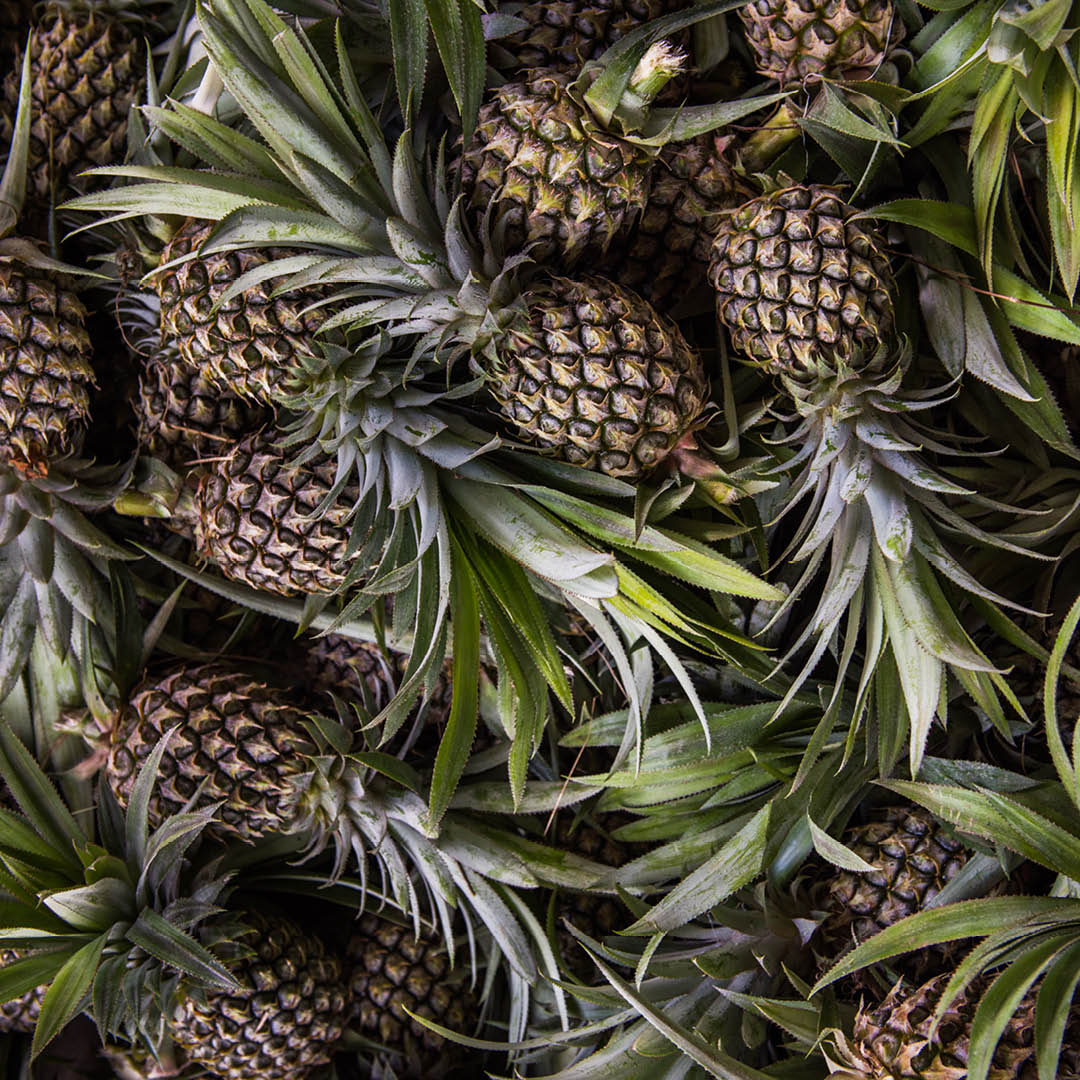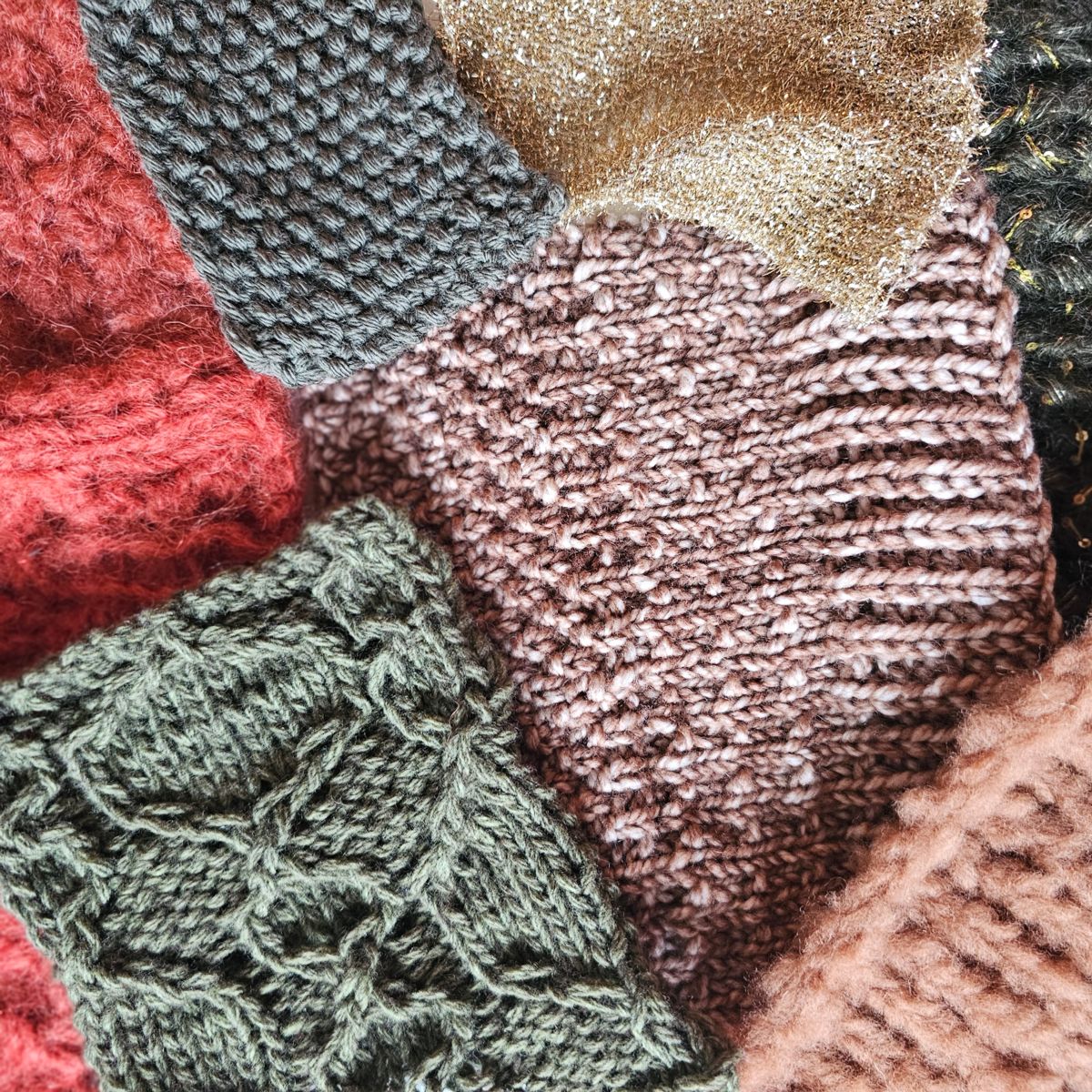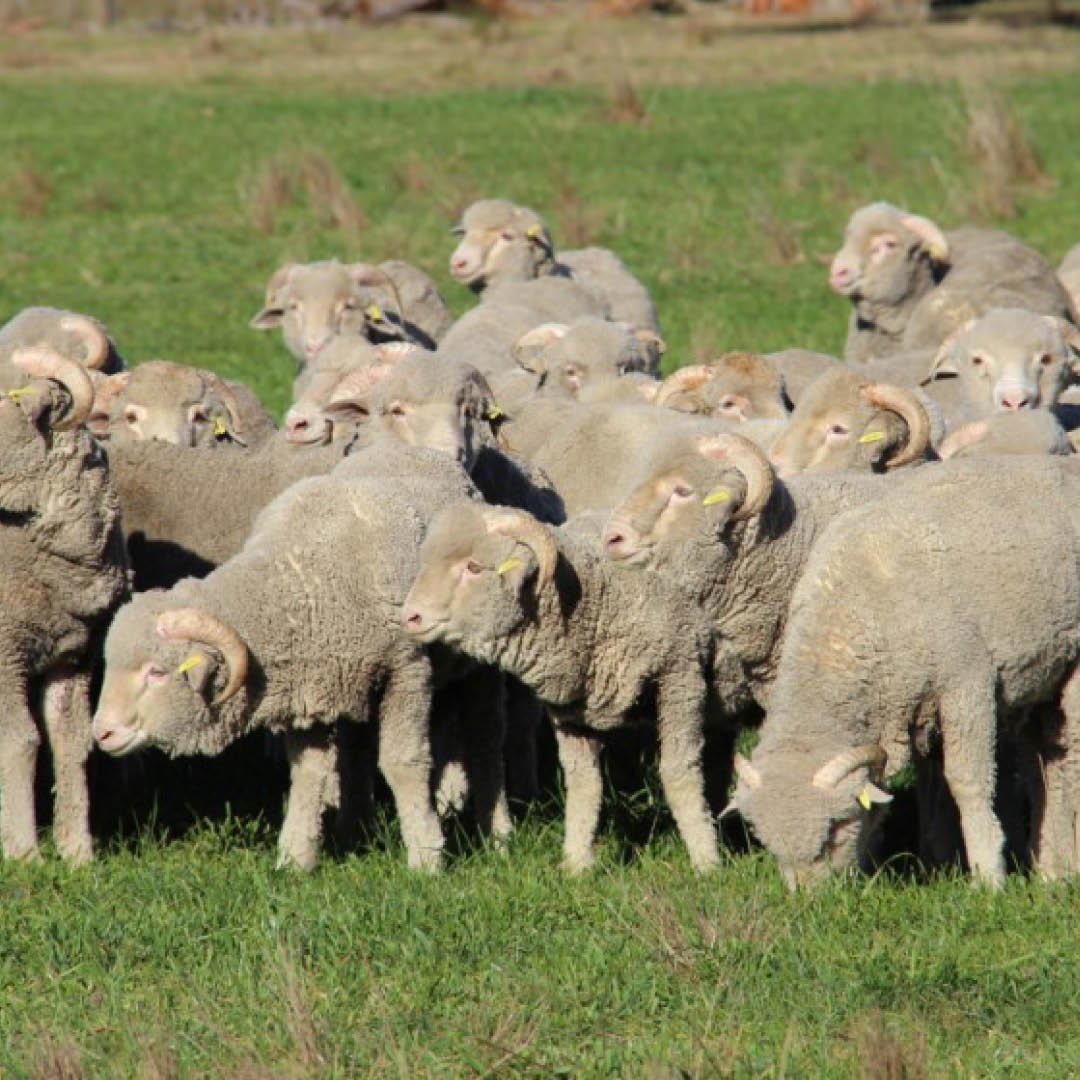LANGYARNS decided in 2017 to switch the wool used for our merino qualities to wool from merino sheep that are guaranteed not to be subjected to the practice of mulesing. Today all our standard merino qualities are mulesing free. These standard qualities include Merino 50, 70, +, 120, 150, 200 Bebe, 400, which are marked with our logo "Sheep Friendly - No mulesing". These merino fibers are sourced from certified Australian production or from other regions, such as South Africa or South America, where mulesing is not carried out. Fibers of mulesing-free wool command a higher price on the world market. With the above qualities, LANGYARNS delivers added value through the animal-friendly treatment of the sheep.
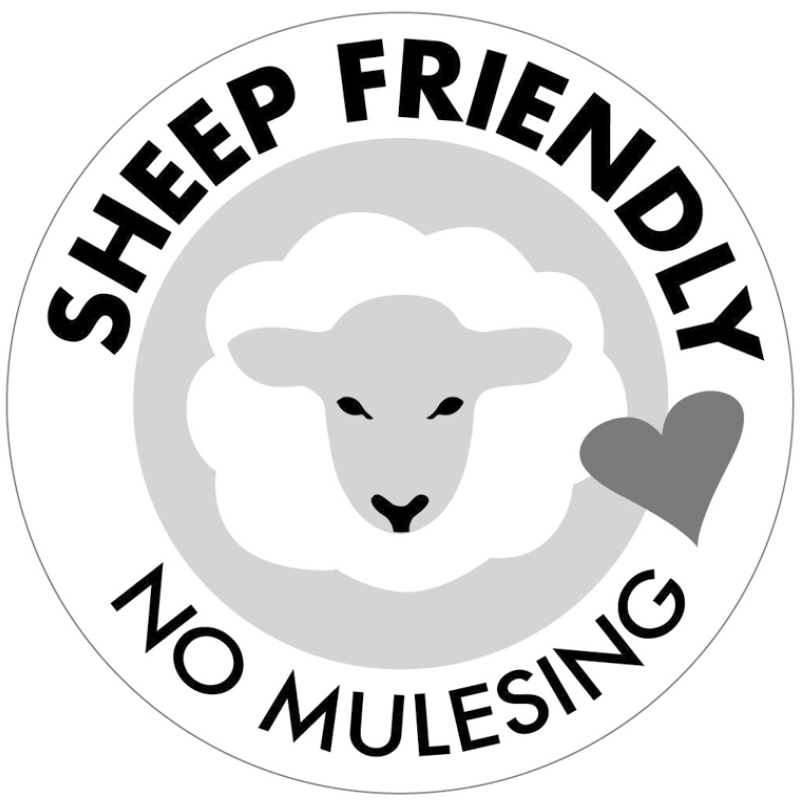
Mulesing is a surgical procedure carried out on some sheep, to protect them from infestation with maggots (myiasis) of the lucilia cuprina (or sheep blowfly). Mulesing is named after John W. H. Mules, who developed the method. Since the 1930s mulesing has been carried out on a regular basis. In a case of blowfly infestation, the maggots of the fly burrow into the folds of skin around the anus and genitalia of the sheep. The flies lay their eggs in the warm, damp conditions in the folds of skin. When the maggots hatch, they feed on the flesh of the animals and may cause infections there. To prevent such contamination, some skin is removed from around the anus and genitalia of the young sheep. Removing folds of skin creates scar tissue and leaves a smooth area of skin on which the flies cannot nest. The mulesing procedure is often carried out on sheep without sufficient anaesthesia, and the wounds are not tended well enough. Mulesing has therefore been banned in South Africa since 2009 and in New Zealand since 2010. In Australia, mulesing is still allowed.
Controversies in the debate on mulesing
Mulesing is a controversial practice, eliciting many and varied opinions. According to the National Farmers Federation it is the most effective way to minimise the risk of flystrike, thereby saving the 3,000,000 sheep that fall victim annually. The Australian Veterinary Association (AVA) recognises the positive effects of mulesing sheep, however, the AVA prefers alternatives in its desire to promote ethical factory farming. The president of the National Farmers'Federation, Peter Corish says that the animal protection organisation RSPCA does not oppose the practice in areas where there is no viable alternative, recommending rather that research is undertaken to find painless methods instead. The animal rights organisation PETA is strictly against mulesing, as this is a cruel and painful procedure, for which ‘more humane’ alternatives exist.
Sources
Hessnatur, Mulesing, https://www.hessnatur.com/magazin/textillexikon/mulesing/ (aufgerufen am 20.6.2022).

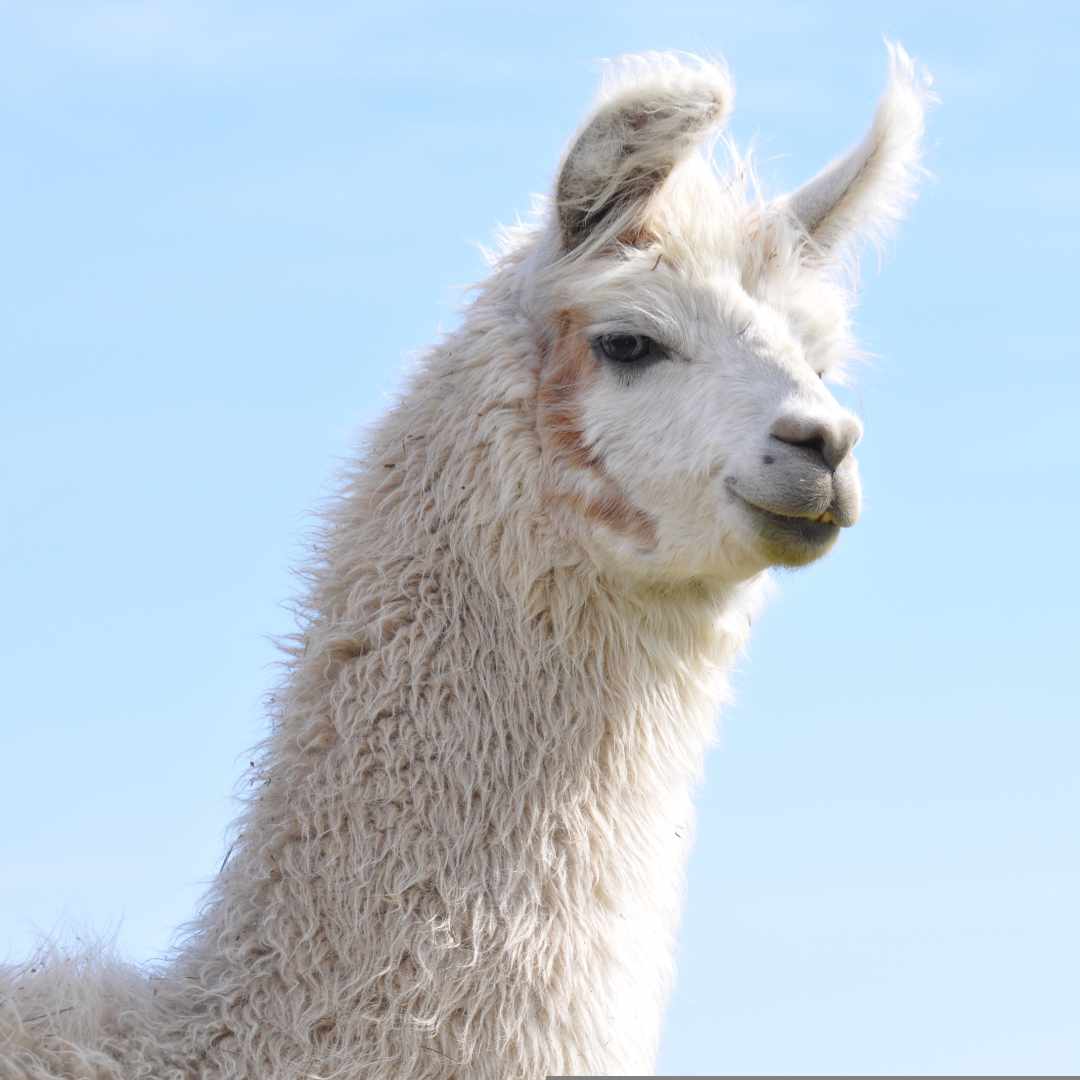

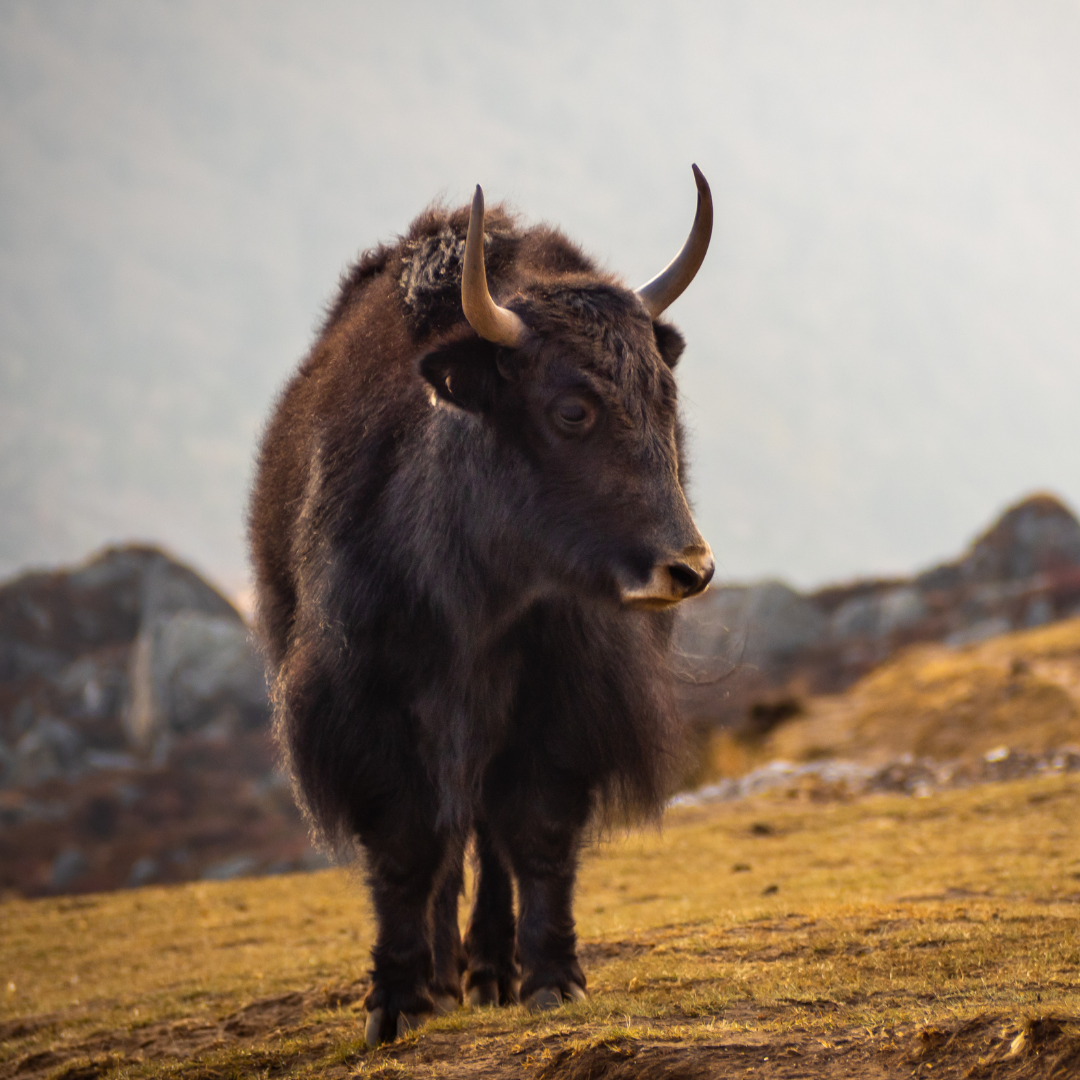
.jpg)
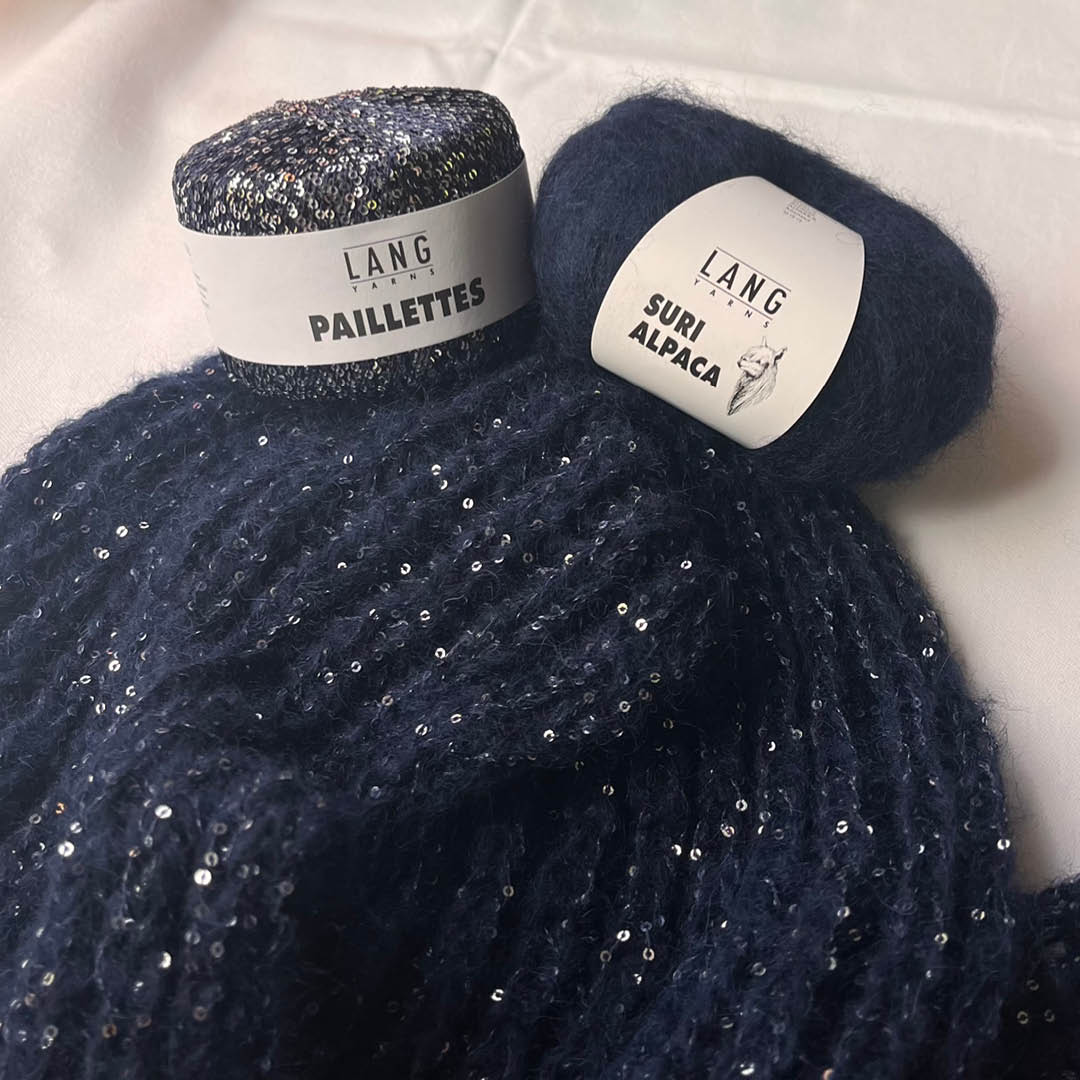
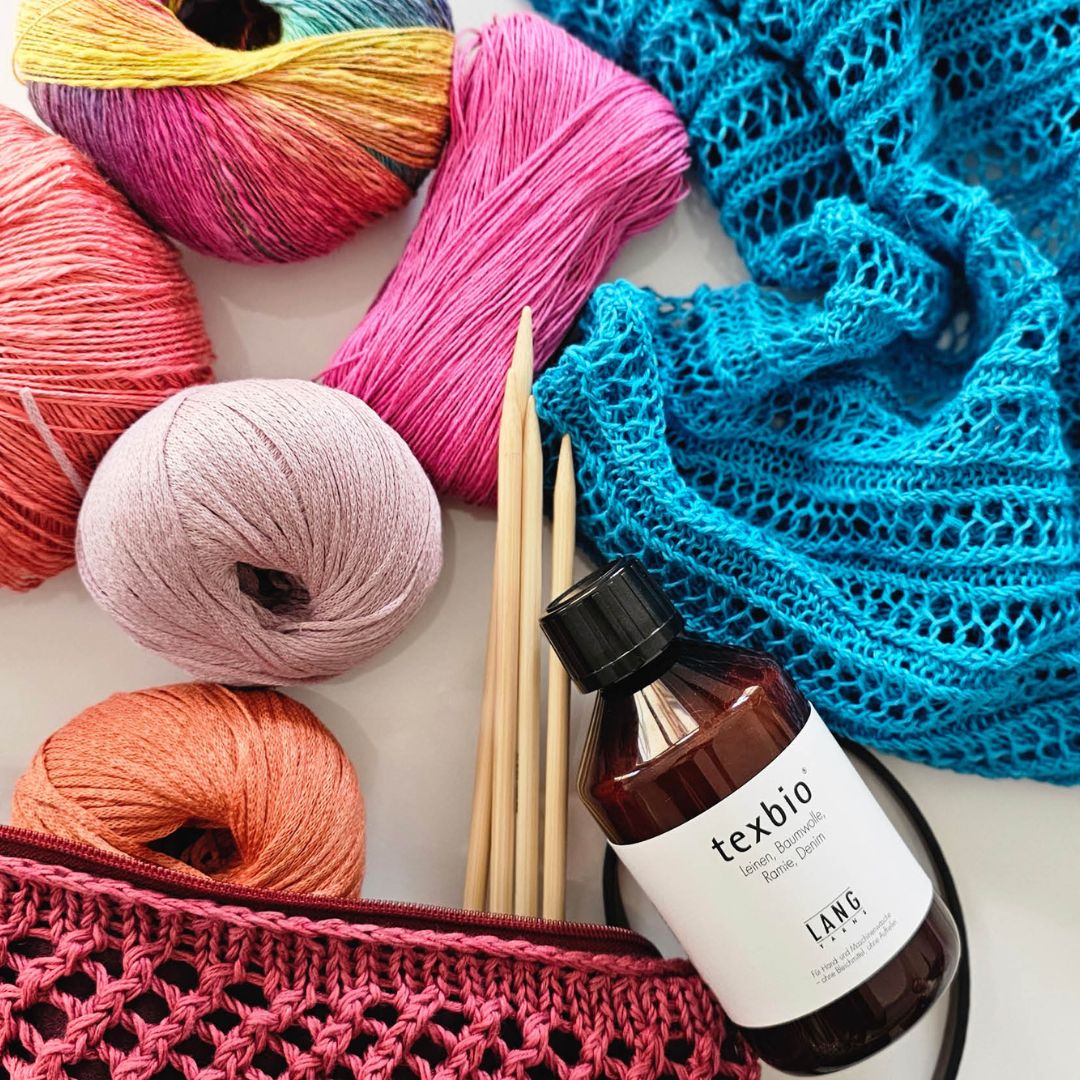
.png)
